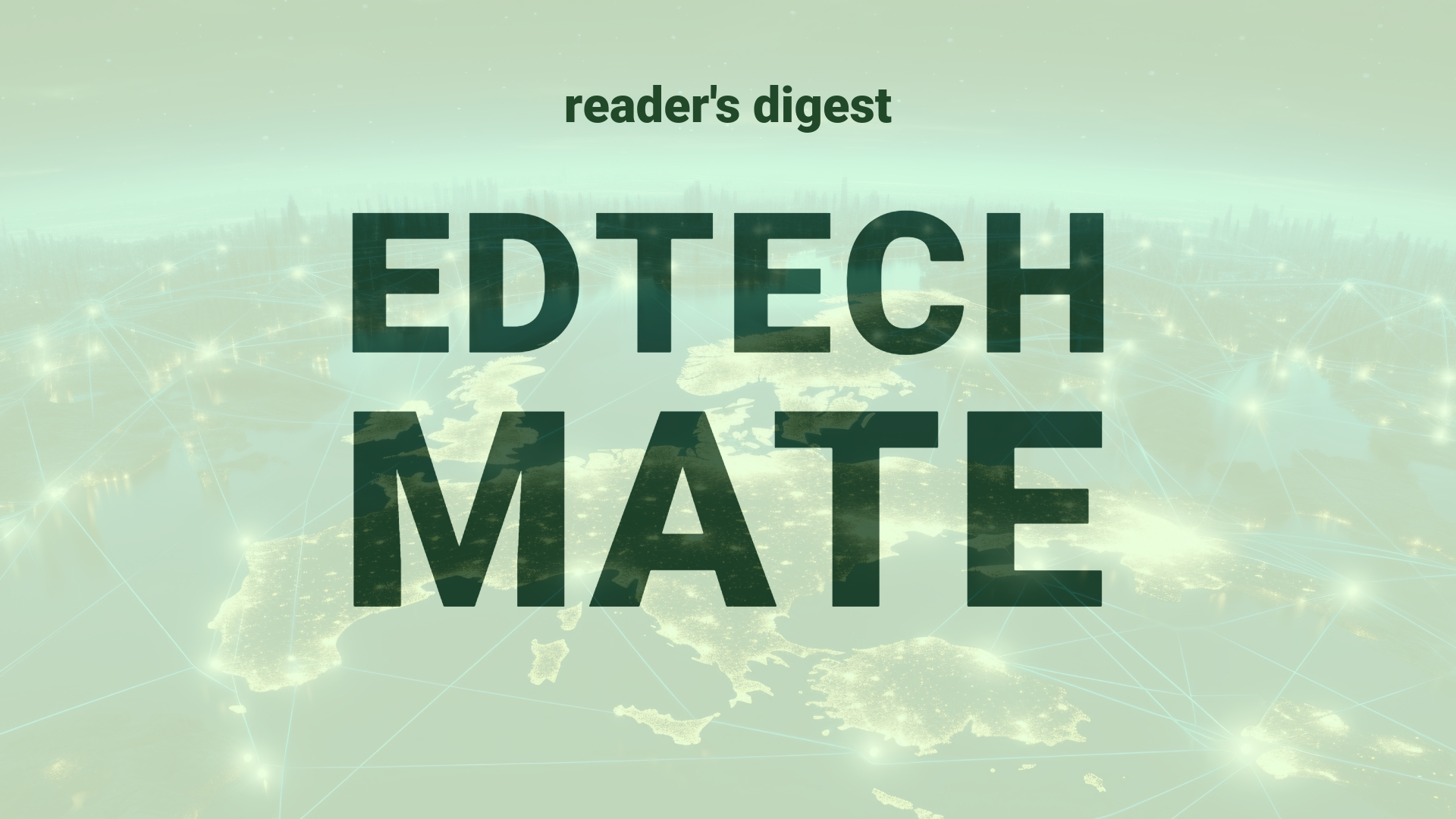Executive Summary and Main Points
The landscape of global higher education continues to rapidly evolve as digital transformation permeates the sector. Microsoft has announced organizational shifts that spotlight the growing integration of artificial intelligence (AI) into its products, signifying key trends within education technology. Pavan Davuluri, a veteran at Microsoft, has been appointed to helm the Windows operating system and Surface devices teams post Panos Panay’s departure to Amazon. With the new strategic direction, Microsoft is doubling down on AI innovation, as evidenced by the hiring of Mustafa Suleyman, co-founder of DeepMind, to lead the Microsoft AI division. A new button for accessing an AI-powered chatbot was introduced in the latest Surface PCs, underscoring the intersection of AI, device hardware, and user experience. This realignment within Microsoft signals a shift towards a more integrated approach to AI, an essential driver for the future of both the technology and education sectors.
Potential Impact in the Education Sector
The developments at Microsoft could have profound impacts on Further Education and Higher Education, as well as the burgeoning market of Micro-credentials. The emphasis on AI suggests potential enhancements to virtual learning environments, personalization of learning experiences, and improved accessibility to educational resources. Microsoft’s integrated approach could also foster stronger strategic partnerships between academic institutions and the tech industry, enhancing digital literacy and promoting innovative curriculum development. The introduction of AI-centric devices like the new Surface PCs with Copilot button also indicates a future where students and educators may interact more seamlessly with technology, shaping learning outcomes and pedagogical methods.
Potential Applicability in the Education Sector
Innovative AI applications in the education sector include intelligent tutoring systems, predictive analytics for student performance, and adaptive learning platforms that could revolutionize how education is delivered and consumed globally. The alignment of Microsoft’s software with its hardware devices can lead to a more cohesive and user-friendly environment for both educators and learners. Additionally, using AI to support administrative tasks offers the potential to make institutions more efficient. Global education systems could benefit immensely from this technology through enhanced engagement, improved student support services, and tailored academic pathways.
Criticism and Potential Shortfalls
Despite the promising advances, there are criticisms and potential pitfalls to consider. The integration of AI into education must contend with ethical considerations, such as data privacy and the potential widening of educational inequalities. Cultural implications also arise, with the need to ensure AI solutions are inclusive and sensitive to diverse educational environments. Real-world examples, including international case studies, show that there can be resistance to adopting such technologies, as well as challenges in implementation and consistency across different educational contexts. The heavy involvement of large tech companies in education also raises concerns over commercial influence and dependency on proprietary ecosystems.
Actionable Recommendations
To capitalize on these education technology innovations, it is recommended that international education leadership takes a proactive approach. Institutions should seek partnerships with tech companies for pilot projects, focus on building digital infrastructure, invest in professional development for educators, and ensure that strategic planning includes ethical considerations of AI use. A balanced integration of technology, centered on enhancing learning rather than displacing traditional methods, can foster a harmonious evolution of the education sector in sync with technological advancements. Lastly, the creation of cross-functional teams within educational institutions to strategize and support technology implementation can lead to more sustainable and impactful outcomes.
Source article: https://www.cnbc.com/2024/03/26/microsoft-picks-pavan-davuluri-to-lead-windows-and-surface.html

